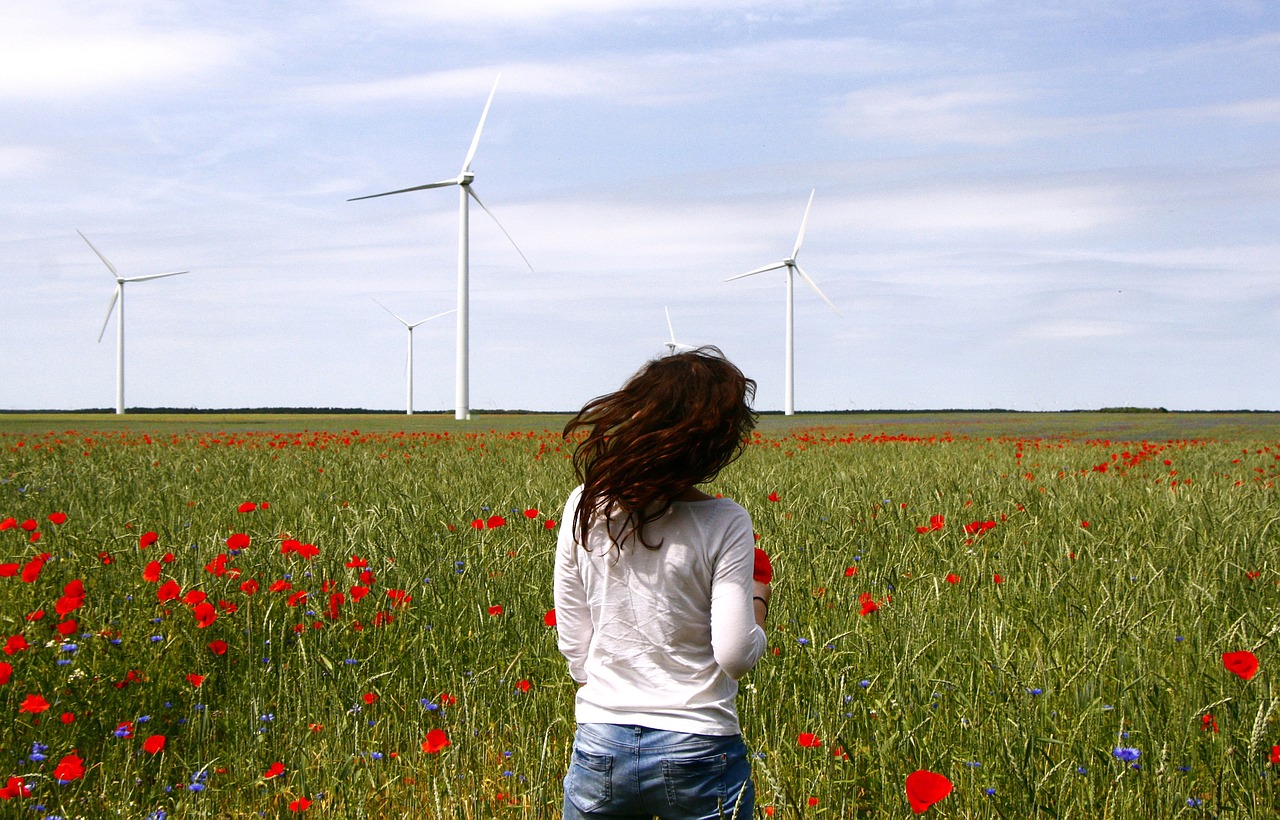Renewable Energy in Lithuania
 Lithuania ranks second among European countries in energy poverty, yet it’s making strides toward being energy independent by 2030. Developing renewable energy sources positions Lithuania to achieve energy autonomy and could help alleviate poverty within the country.
Lithuania ranks second among European countries in energy poverty, yet it’s making strides toward being energy independent by 2030. Developing renewable energy sources positions Lithuania to achieve energy autonomy and could help alleviate poverty within the country.
As of 2021, 22.5% of the population endured energy poverty. Currently, the country is pursuing both energy independence and sources of renewable energy within its borders in efforts to reduce the prevalence of poverty. In 2022, Lithuania ceased importing energy from Russia, marking a necessary step toward energy independence. The country remains committed to an ambitious objective of fulfilling its entire domestic electricity needs through renewable sources by 2030, according to its National Energy Independence Strategy. Lithuania also aims to achieve climate neutrality by 2050.
Exploring Other Energy Sources
In an intensive effort to reduce reliance on fossil fuels, Lithuania is making a transformative shift toward renewable energy sources such as wind. In May 2023, the Lithuanian National Energy Regulatory Council began constructing an offshore wind farm that is projected to produce nearly a quarter of the country’s electricity.
Solid biofuel — fuel derived from firewood, plants and agricultural waste — provides perhaps the greatest potential for sustainable energy production in Lithuania. In 2021, the country utilized 54.4% of it to create electricity and centralized heat, while households used 33.1%. Lithuania’s National Energy and Climate Action Plan expects that biofuel will contribute to 9% of electricity production by 2030.
With ambitious targets set to harness reliable, clean energy, the country is making significant strides in its renewable energy sector, marking a pivotal moment in its journey toward a greener future.
Alleviating Poverty Through Renewable Energy Production
In addition to reducing its reliance on other countries, increasing renewable energy production in Lithuania could result in poverty reduction through job creation, boosting economic growth, lowering the cost of living and increasing access to energy in underserved areas.
The effects of Russia’s continued assault on Ukraine, combined with the recent economic slowdown and fewer companies seeking expansion, have reduced employment opportunities in Lithuania. However, internal investment in renewable energy is combatting this loss. In 2022, the UK Energy Research Centre reported that renewable energy creates three times as many jobs per million pounds invested, compared to the fossil fuel industry. The development and expansion of renewable energy infrastructure could therefore greatly contribute to reducing unemployment and alleviating poverty in Lithuania. In just one year of working toward energy production autonomy, the unemployment rate in Lithuania dropped from more than 15% to 9%.
Investments in renewable energy projects stimulate economic growth. The renewable energy sector attracts investments, promotes technological innovation and supports local industries, encouraging economic development that can improve living standards and mitigate poverty rates.
Cost-saving Potential
The widespread availability of renewable energy could also reduce the cost of energy, helping lower the cost of living in Lithuania. According to the Minister of the Environment, Simonas Gentvilas, prior to 2022, Lithuania regularly spent about €3 billion per year on electricity, oil and gas from Russia. Transitioning to self-reliant, renewable energy sources could retain this money in Lithuania, as well as create lower energy costs in the long term. As a result, families will have increased financial resources, providing opportunities to escape poverty or financial strain.
Renewable energy projects could also expand access to reliable electricity, especially in rural or underserved areas. Bringing sustainable energy sources to these communities enhances quality of life, enables increased economic activities, improves educational opportunities and contributes to poverty reduction by facilitating access to essential resources and services.
Looking Ahead
While these examples of renewable energy in Lithuania represent crucial steps on the road toward poverty reduction and energy independence, addressing poverty in Lithuania appears to require a multifaceted approach. Combining renewable energy efforts with broader strategies that focus on education, health care, social welfare programs and employment opportunities could lead to lasting impact on reducing poverty and fostering sustainable development in the country.
– Bella Simokaitis
Photo: Pixabay
